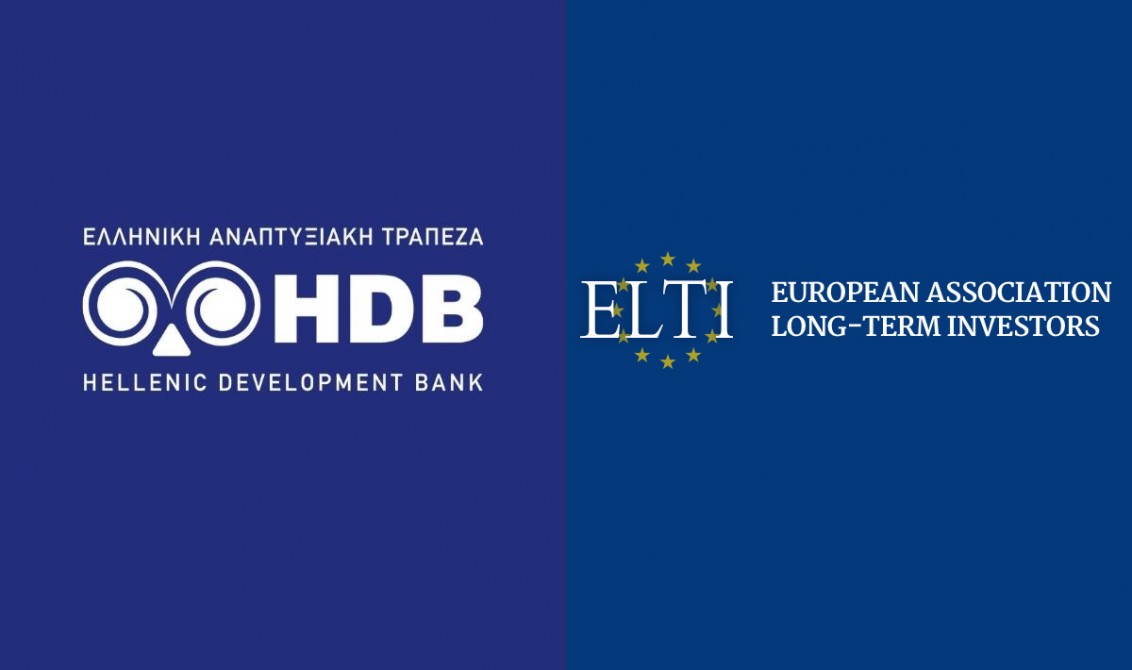
72% of Greek employers are facing difficulty in filling jobs due to a shortage of skilled talent, according to the Employment Outlook Survey of the ManpowerGroup. The same percentage (72%) is reported for EMDE countries. However, the employers offer a range of incentives to cover talent shortages: Η training, skills development or career guidance (55%) together with the flexible working hours (42%) are the most popular options, followed by financial incentives such as higher salaries (39%) and bonuses (29%).
As employers report, the biggest obstacle to increasing the implementation of skills development programs in their organization is: money (33%), time (16%) and access to the right partners to upgrade/develop human resources (12%).
Technical upskilling, soft skills and development programs for managers and senior executives are key priorities for HR teams. Specifically, 42% of Greek employers plan to adopt programs to upgrade personal skills (eg time management, communication) (lasting 6 weeks or less). 38% plan to implement development programs for managers and senior executives. Finally, 37% plan to invest in technical upskilling programs (lasting 6 weeks or less).
The impact of COVID-19 and remote work is captured with mixed feelings from middle and senior management. As shown by the survey, 20% of executives feel anxious, and 19% have positive emotions.
Cautious forecasts employers are making
According to the same survey, 760 Greek employers record moderate hiring prospects for the period from October to December. 20% of employers expect an increase in the number of employees. 15% anticipate a decrease and 61% anticipate no change, the Overall Employment Outlook is +5%. Hiring outlook weakens by 2 percentage points compared to the previous quarter, but improves by 5 percentage points compared to the same quarter last year
Comparisons by Sector of Economic Activity / Comparisons by Organization Size
Employers in all seven sectors of economic activity expect to increase the number of people they employ in the coming quarter. The most powerful hiring intentions are recorded by employers in the construction sector. They report optimistic Overall Employment Prospects of +20%. Stable employment growth is also expected in the Financial and Business Services sector, where the Prospects amount to +18%, but also in the Sectors of Industry / Production and Primary Production, where the Prospects amount to + 15% and + 14% respectively. At the same time, employers in the Commerce sector (Wholesale & Retail) expect moderate hiring activity, recording Prospects of + 8%, while some increase in the number of employees is expected in the Other Services sector, with Total Outlook of + 6%. Employers in the tourism sector expect the weakest labour market, with prospects of +2%.
Increases in headcount in all four organisational size categories are expected in the coming quarter. Employers of large companies expect the strongest hiring intentions, with Total Employment Prospects of +25%. The outlook for employers in small businesses is +15%. Employers report Prospects of +11% and +5% in Medium and Micro enterprises, respectively.
International Comparisons for Employers
Compared to the previous quarter, employers report enhanced employment prospects in 31 of the 43 countries and territories. The intention to recruit is weakened in 10 countries and territories, and remains unchanged in two. Employers in all 43 countries and territories expect the labour market to strengthen compared to last year's quarter. A time when the COVID-19 pandemic was in full swing in most of the world. The strongest hiring intentions for the fourth quarter of 2021 are recorded in the US, India, Canada, the Netherlands, Mexico and France. Employers in Panama, South Africa, Singapore, Croatia and Argentina expect the weakest hiring activity in the coming quarter.
An increase in the number of employees is expected in 25 of the 26 countries in the Europe, Middle East & Africa (EMEA) region in the coming quarter. The exception is South Africa, where employers predict sluggish labour market movement. Compared to the previous quarter, recruitment intentions are strengthened in 20 countries in the EMEA region, while weakening in five. Recruitment prospects are improving in all 26 countries of the region compared to the same period last year. Recruitment activity is expected to be strongest in the Netherlands, France, Ireland, Spain and the United Kingdom.Weaker labour markets in the EMEA region are expected to be recorded in South Africa, Croatia, Switzerland and Hungary.




